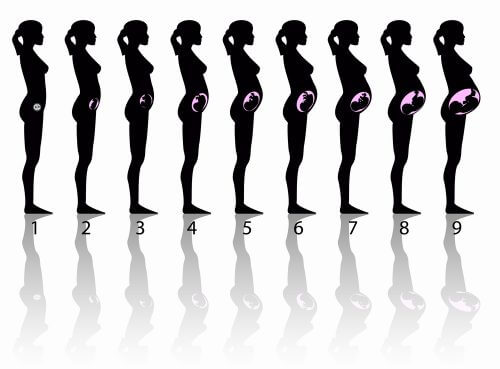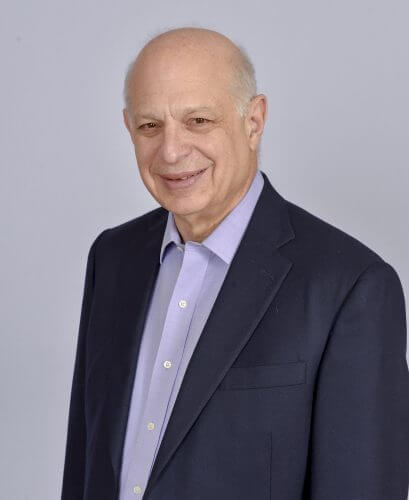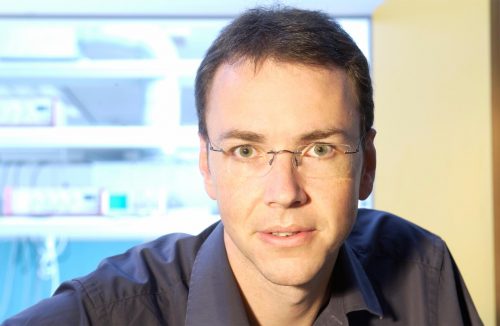2015 Harvey Prize winners: Prof. Mark Kirchner from the USA and Prof. Emanuel Bloch from Germany


On June 5, 2016, the Technion will award the 2015 Harvey Prize in a festive ceremony to Prof. Mark Kirchner from Harvard University (USA) and Prof. Emmanuel Bloch from the Max Planck Institute for Quantum Optics (Germany). The prize, in the amount of 75,000 dollars, is named after Leo Harvey (1973-1887). It was founded in 1972 as a bridge of goodwill between Israel and the nations of the world and is given annually to men and women who have made a significant contribution to humanity. About 20% of the recipients of the award later won the Nobel Prize.
"Timing is everything"
Prof. Mark Kirchner, from the Department of Systems Biology at the Harvard Medical School, will receive the award for his pioneering and groundbreaking discoveries and contributions in key areas of modern biology: embryonic development, the spatial structure of the cell and the cytoskeleton, and the life cycle of the cell.
Prof. Kirchner, born in 1945, completed a doctorate at the University of California (1971) and a post-doctorate at the Universities of Berkeley and Oxford. Prof. Kirchner received his first academic appointment in 1972 at Princeton University, from where he moved to the University of California, San Francisco and 15 years later to Harvard University Medical School, where he founded the Department of Systems Biology.
On his website Prof. Kirchner writes: "In the development of the organism, as in the theater, timing is everything. Imagine that the actors in the play will say exactly what they have to say but not at the right timing - the play will be irreparably damaged. This is also true in the development of the embryo, which begins with the meeting between the sperm and the egg and continues with the communication between the cells of the embryo, thanks to which the organs and tissues grow. A disruption in the timing of the transmitters in this communication can lead to a disaster such as cancer."
With tools from the world of biochemistry and molecular and cellular biology, Prof. Kirchner analyzes the processes that control cells and tissues, and his contribution is particularly evident in issues related to the process of embryonic development: the characteristics of the cell skeleton (cytoskeleton), the control of the cell's life cycle and the embryonic development program of vertebrates.

between light and matter
Prof. Emanuel Bloch, from the Max Planck Institute for Quantum Optics in Germany, will receive the award for his many contributions to the understanding of the interaction between radiation and multi-body quantum systems, and especially for his pioneering research realizing quantum simulators using cold atoms trapped in light lattices. In these studies Prof. Bloch developed a new research field that combines condensed matter, atomic physics and quantum optics.
Prof. Bloch, born in 1972, completed a doctorate in physics at the Ludwig-Maximilian University in Munich (2000) and has since worked at some of the leading institutions in Germany: Ludwig-Maximilian University, Johannes-Gutenberg University and the Max Planck Institute for Quantum Optics.
Among other things, Prof. Bloch demonstrated, for the first time in an experimental way, the existence of the "Zack phase", named after Prof. Emeritus Yehoshua Zack from the Faculty of Physics at the Technion. Prof. Zak, who recently received the prestigious Wigner Medal, published an article in 1989 in the journal Physical Review Letters, in which he explained the geometric phase of electrons in solid matter, which has since been named after him. 24 years later, in 2013, Prof. Bloch was able to demonstrate the existence of this phase in an optical lattice composed of cold atoms.
Over the years, scientists from the USA, Great Britain, Russia, Sweden, Germany, Canada, France and Israel have won the Harvey Prize. Among the winners of the award are Nobel laureate Mikhail Gorbachev, former leader of the USSR, who received the Harvey Award for his activities to reduce regional tensions; Prof. Brett Sackman (Nobel Prize Laureate in Medicine); Prof. Pierre Gilles de Genne (Nobel Prize in Physics); Prof. Edward Teller for his discoveries in solid state, atomic and nuclear physics; Prof. William Kopf on the invention of the artificial kidney; and Prof. Shoji Nakamura, who received the Nobel Prize in Physics for the development of the blue laser diode (LED).
